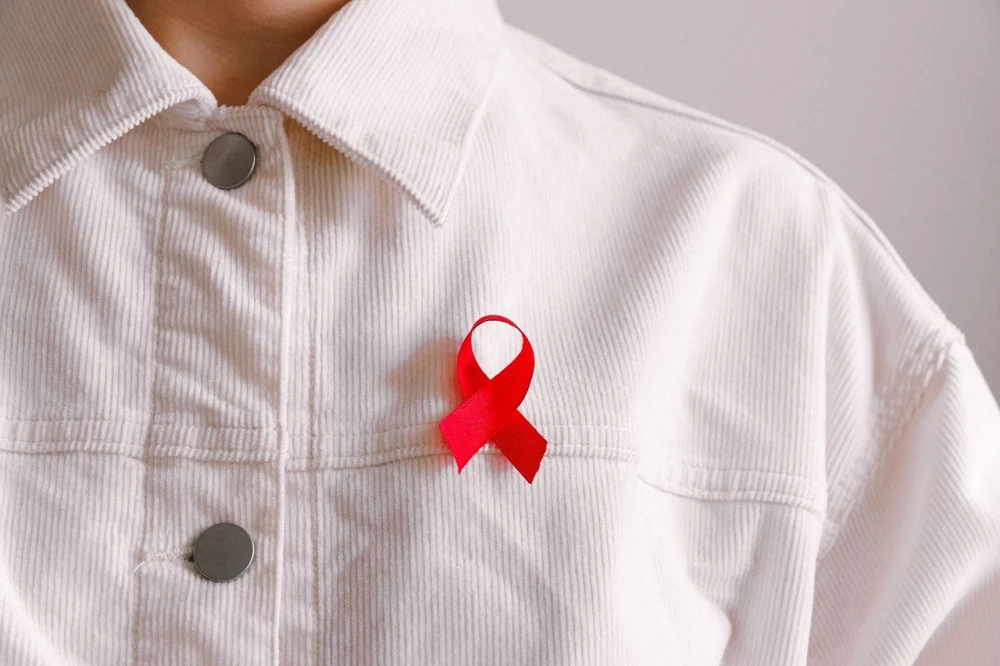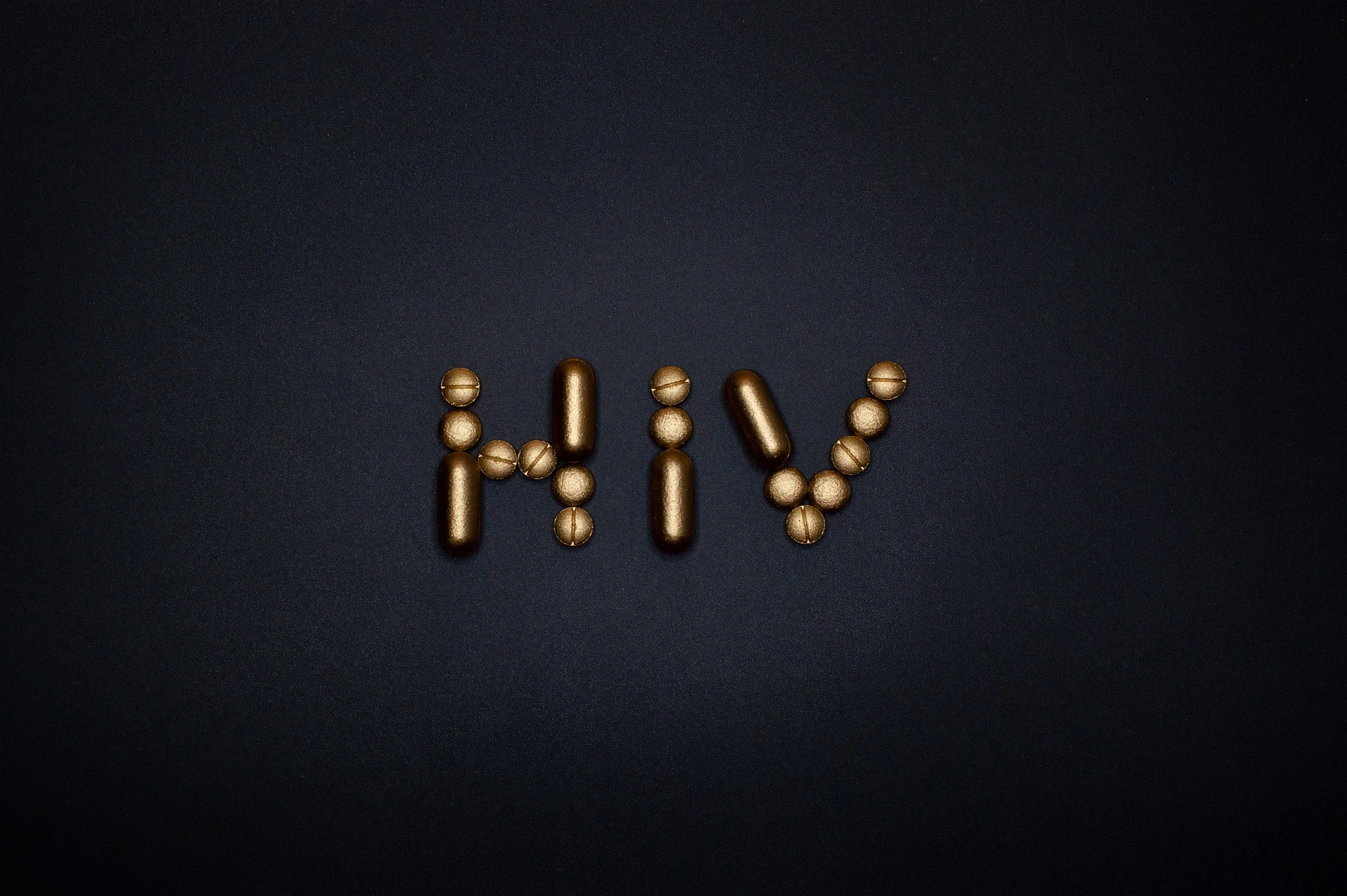HIV Facts and Symptoms You Need to Be Aware Of
More people have HIV than most think. In fact, it affects millions around the world.
Fact: Over 1.1 million Americans are living with HIV and around 38,000 among these people are newly diagnosed every year according to HIV.gov. However, 1 in every 5 people living with HIV has no idea because they haven't been tested.
HIV is an infection that's been around for more than 2 decades. Knowing what the big warning signs of the condition are and how it can be treated can save people who are suspected to have this infection from wasting time with inaccurate diagnosis.
It is not yet known exactly what causes human immunodeficiency virus (HIV). Nevertheless, it has been established that the virus causes acquired immunodeficiency syndrome (AIDS) by damaging or destroying important cells in your body's immune system.
But First, What is HIV?
HIV is a virus that breaks down cells in the body and renders it unable to properly heal or defend itself. Environmental factors such as age, length of time infected and use of certain medications can impact the severity of the disease.
Furthermore, HIV weakens and damages your immune system making it more difficult for your body to fight off other infections. It means that you can't fight off viruses and illnesses as well as you would otherwise be able to, which can lead to serious health problems even with simple things like a cold.
Once diagnosed, HIV will keep living inside your body. Treatment helps manage the symptoms, but there is no cure for this condition at the current time.

The Early Symptoms of HIV
One of the most surprising facts about HIV is that the virus can be present in the body without exhibiting any symptoms. Most people who are diagnosed with HIV don’t know they have the disease because they go years living a normal life without any symptoms.
In HIV, the early symptoms are typically late-stage. In developing countries, HIV is more likely to have been passed on from a mother to her baby during pregnancy, childbirth or breastfeeding. In these countries, the epidemic is often started by women who become infected with HIV while pregnant and transmit the infection to their unborn babies.
When someone catches HIV, their body enters the acute infection stage. In this stage, they may experience flu-like symptoms and might not enjoy a good quality of life. The virus replicates rapidly and triggers an immune response from your body. While most people know how long it takes for HIV to show symptoms, there are a few who don't.
Early HIV symptoms can often be mistaken for the common cold or the flu. These symptoms may include fever, sore throat, fatigue, headache and nausea. Patients often experience early HIV infection while suffering from something else like a cold or any other illness that lasts for a few days or weeks.
HIV might not be immediately noticeable to the untrained eye. Some symptoms come and go, so it can be difficult to get a precise diagnosis. So, if you experience any of these symptoms, speak to your doctor.

The Later Symptoms of HIV
HIV typically will transform after about a month into the latent stage. With the help of medication, symptoms tend to disappear, but it can take anywhere from a few years to decades for HIV to be diagnosed. If you do experience symptoms, they'll be mild or barely noticeable.
On the other hand, the symptoms that arise during the AIDS stage of HIV are typically headaches, body aches, fatigue, nausea, unexplained weight loss, and frequent yeast infections.
If HIV is not diagnosed and treated immediately, it can progress to the final stage of AIDS which causes an infected person to lose his life.
Without taking medication and having regular monitoring, HIV can lead to problems with your immune system, and after a certain amount of time the virus can turn into AIDS. AIDS then reduces life expectancy to just 3 years. Due to AIDS, the immune system may become very weak and can no longer fight off less serious illnesses.
How HIV is Treated and Managed
Understanding the treatment and management of HIV isn't as straightforward as other illnesses. To make sense of it all, it helps to first know a few basics.
In recent years, people living with HIV have generally had a good prognosis. This is due to advancements in both treatments for HIV and how it's monitored. HIV has been around for a while and is no longer the death sentence it once was. With the right medication, HIV-positive individuals can live with HIV without infecting other people and their lifespan can be similar to those without HIV.
A lot of people have been able to deal with HIV and have been able to live a 'normal' life. One good example is retired NBA Hall-of-Famer Magic Johnson who has coped with having the virus for over 30 years. As per Johnson:
"Everyone thought I was going to die like a year later, they didn't know. So I helped educate sports, and then the world, that a man living with HIV can play basketball. He's not going to give it to anybody by playing basketball."
There are numbers of antiretroviral drugs to help manage HIV. Their strength in fighting the virus is unique with each type of drug. Sometimes, people with HIV are prescribed with more than one antiretroviral therapy (ART) medicine at the same time in order to manage the virus well.

HIV monitoring and treatment is heavily reliant on regular doctor visits. Doctors often monitor the progress of the virus and take into account your immune system in their treatment. ART is then delivered accordingly and its effectiveness checked regularly. You can continue to deal with HIV for the rest of your life, but your immune system can be strengthened to help counteract it.
Most importantly, HIV is manageable and treatable. Getting tested regularly is really important as there are so many people who are unaware that they have HIV. If untreated, the virus can progress to its later stages which will eventually cause life-long illness. One of the most frequent and easy ways for some people to cut down on their risk of taking HIV is to get tested and treated, so that HIV itself does not progress or cause AIDS.


